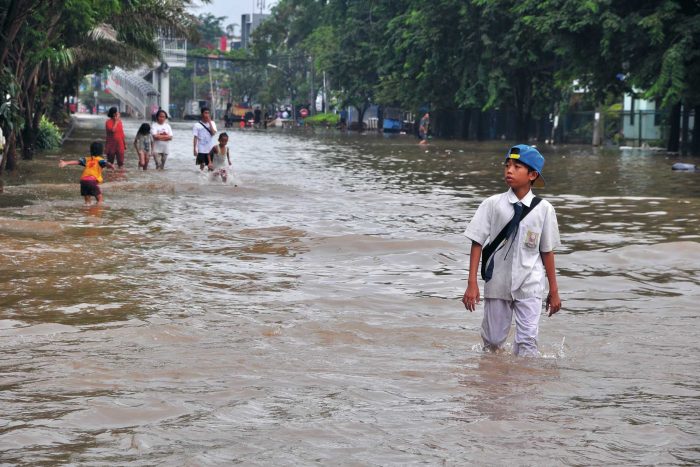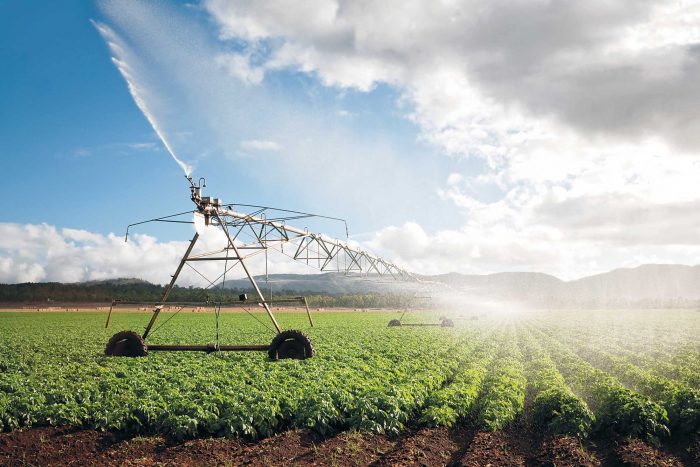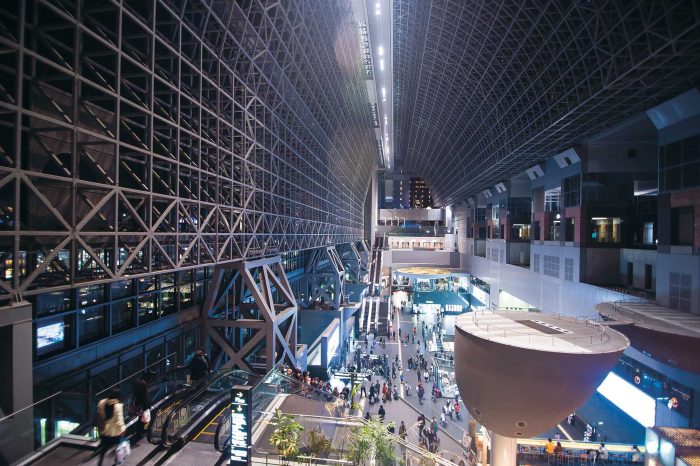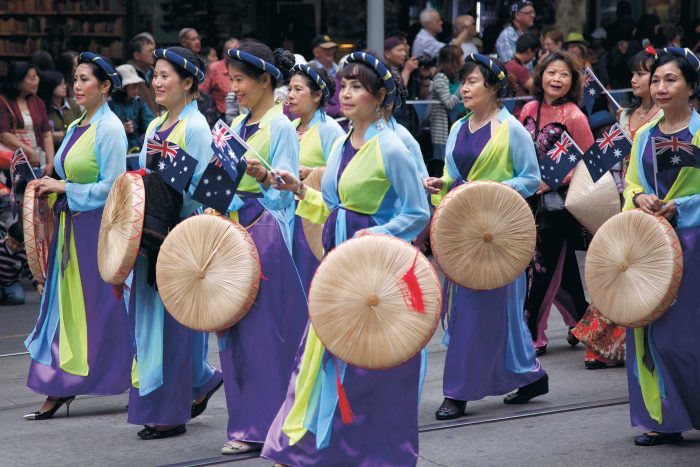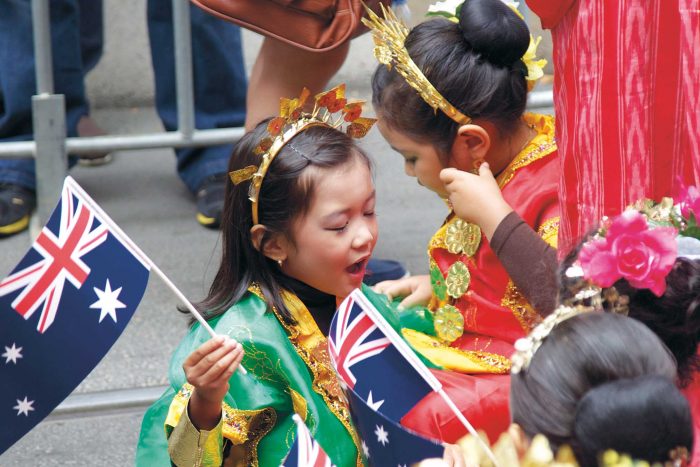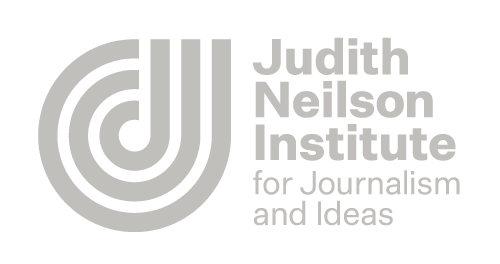Asia’s Democratic Dividend is Hard to Bank
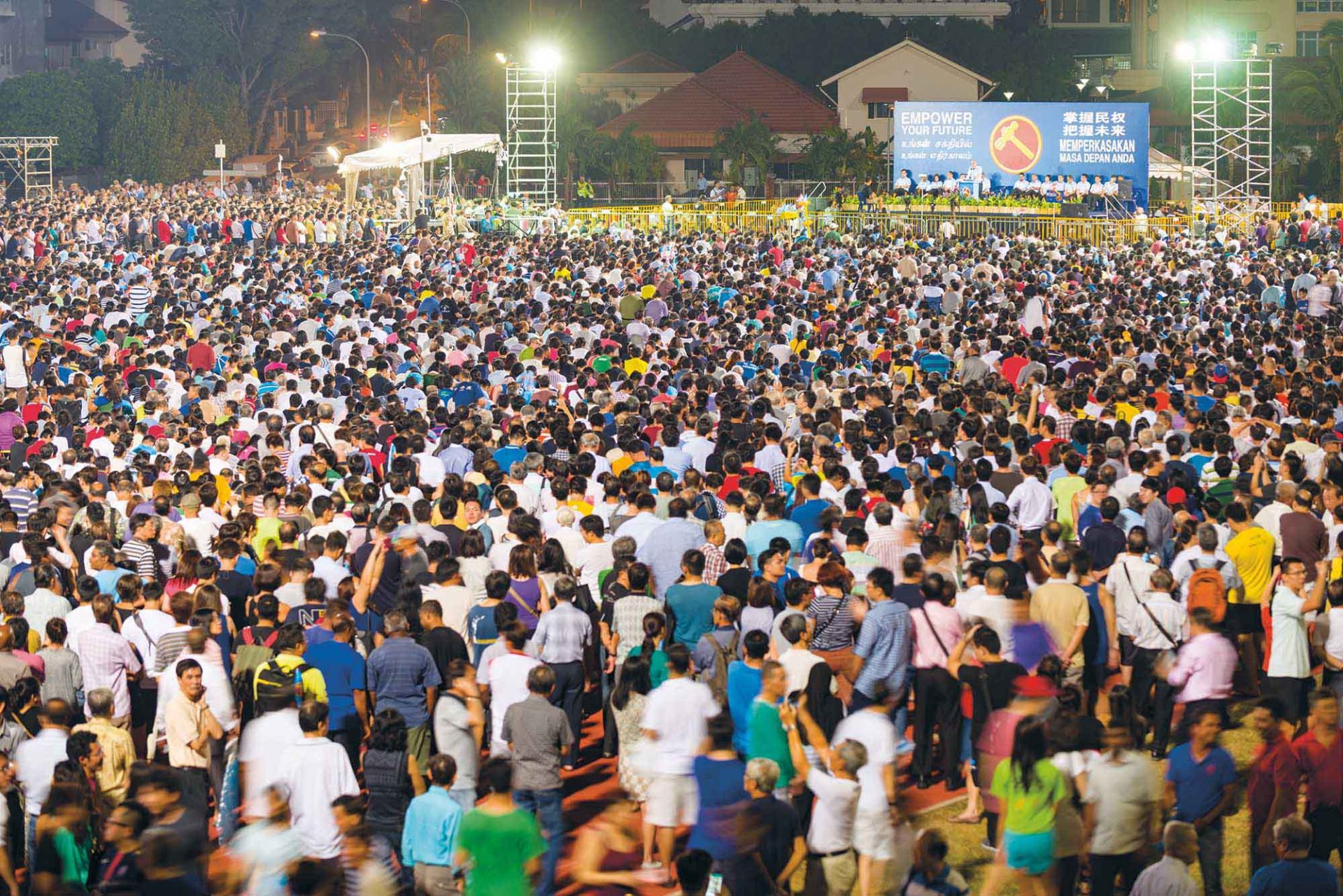
The new Asia poses a challenge to Australian diplomacy and to the way ordinary Australians view the region. We have long supported greater democracy and freedom but when we see it up close we can be wrong-footed or even repelled.
Sitting through a conference discussion recently alongside a young analyst from one of Asia’s newer democracies proved to be an illuminating experience.
While participants from neighbouring, less changing regimes explained why old ways still worked, my colleague could barely contain himself as he progressively ticked off what was wrong with their ideas in a series of nearly audible asides. Doesn’t he realise that things have changed? Some of us are actually democracies now,” he eventually fumed before discarding his pen in theatrical frustration.
This was disruptive Asia up close and personal at one of the merry-go-round of regional meetings these days where an old tradition of non-interference in the affairs of neighbours runs up against a new Asia where leaders (and importantly citizens) are conscious of popular sentiment and prepared to reflect it.
Changing face of government
This new Asia poses a challenge to Australian diplomacy and to the way ordinary Australians view the region. We have long supported (and even advocated) greater democracy and freedom but when we see it up close we can be wrong-footed or even repelled.
The days when Australian diplomats could quietly and predictably conduct business behind closed doors with strongman leaders (or at least their western educated advisers) and justify this as realism are receding as new democratic leaders are more worried about tweeting to their followers than the traditional routines of diplomatic note taking.
And the world is also changing for human rights activists who used to ritually rail against strongmen only to find that today newly minted democrats can embark on similarly confronting policies such as executions – both drawn out (Indonesia) and shockingly swift (Philippines).
Likewise, for Australian business, some new leaders may still not be averse to the behind the scenes deals that have long existed. But they will be equally responsive to sudden campaigns against foreign investors who are perceived to be upsetting local interests.
It is instructive to consider the change in the political landscape since Australia embarked on its then broadest institutional engagement with its Asian neighbours in 1974 by becoming the first Association of Southeast Asian Nations (ASEAN) dialogue partner. Then the Philippines was under relatively new martial law, Soeharto was consolidating his dominance of Indonesia, Lee Kuan Yew was settling into a long period of power in Singapore, Malaysia was embarking on economic reforms after race riots under the respected Abdul Razak Hussein and an enlightened jurist Sanya Dhamasakti was Thailand’s prime minister after yet another period of military dictatorship.
How things change but stay the same. These days Indonesia has arguably overtaken the Philippines as Southeast Asia’s most feisty democracy with voters in both countries embracing populist leaders from outside the traditional capital city dynastic, military or bureaucratic elites raising fears they may even be overthrown by those elites.
However more economically developed Singapore and Malaysia have still not managed to undergo a formal change of government raising a different set of questions about their future. And the incumbent prime minister sons of those 1974 leaders – Lee Hsien Loong and Najib Razak – struggle to achieve the authority that their famous fathers once had.
Meanwhile, Thailand is eerily back about where it was trying to negotiate a return to electoral democracy from a period of military rule. Ironically Vietnam, the country that was still ravaged by war in 1974 and certainly not welcome within ASEAN, now stands out by embracing economic reforms while still clinging to authoritarian communism.
Further afield in the richer, newly industrialised economies of South Korea and Taiwan two party style democracy has taken deep root but with volatile consequences. Taiwan swings radically between seeking independence and cooperating with China to the point of periodically unnerving the world such as President Tsai Ing-wen’s post-election phone call to US President Donald Trump. Meanwhile, no democratic South Korean president has managed to leave office without a crisis suggesting that the country has embraced the combative side of democracy but not the stabilising conventions.
Asia’s three major powers only highlight the variety of government models which Australia foreign policy must be able to address: China’s authoritarian centre is vulnerable to outbreaks popular discontent both real and virtual, Japan’s ageing voters are seeking but struggling to coalesce around an alternative to the Liberal Democratic Party (LDP) and states are even more assertive in India. Two common themes appear to be emerging: populist outsiders challenging old power and new regional centres of power.
Populists v dynasties
The new Filipino president Rodrigo Duterte is the latest of a series of populist outsiders who have risen to power reflecting the concerns of youthful voters and the emerging middle class about issues such as endemic corruption, inefficient bureaucracy and inadequate infrastructure. He also took advantage of the power of digital communications to build a suddenly disruptive political movement. India’s Narendra Modi and Indonesia’s Joko Widodo have followed a similar path to power in the world’s first and third largest democracies, just as Thaksin Shinawatra did in Thailand more than a decade ago.
These leaders certainly don’t all fit a neat mold. Thaksin was more sophisticated and seemingly corrupt than the others. Duterte is really from a city dynasty despite playing the plain-speaking outsider. Modi might have been a poor outsider but he has embraced the nation’s dominant Hindu cultural elite. And Jokowi is now being tagged as a mini-Soeharto because he is increasingly obsessed with building things like the former dictator.
It is not clear that all these leaders will even survive in office due to resistance from old establishment forces and their own personal frailties, but they can’t be ignored as the new faces of Asian democracy. It is notable that while they typically arrived in office as outsiders without control of their legislatures, they have variously managed to build workable parliamentary coalitions and retain strong public support.
Australian diplomacy has already had to adjust to the more volatile political style and environment that these populist democrats have brought to government. Duterte pays more heed to domestic opinion over his extrajudicial action on illegal drugs rather than offers of Australian medical expertise to pursue a more coherent and sustainable policy approach. Modi has elevated domestic manufacturing represented by his Make in India program over his earlier commitment to former Prime Minister Tony Abbott to negotiate a free trade agreement. And Widodo cancelled a much sought bilateral visit to Australia to instead manage the local politics of the hard-fought battle over a city election in Jakarta. All three of these leaders are very attuned to the domestic public opinion which is a factor that Australia will need to take more into account in making regional policy.
Political dynasties still tend to dominate Asia from the prime minister’s residence in Tokyo to the town in the central Philippines where I lived as an exchange student in 1970s and I discovered on a recent visit that one of my old host families has provided the local mayor ever since. But while dynasties seemed to be on the rise at national government level from Bangladesh to Japan only a few years ago, there are some signs that the aura of inherited power may now not be so strong. South Korea’s president Park Guen-hye has had a dramatic fall from grace despite coming to office amid expectations that she had the personal political capital to reform some of the less desirable features of the system put in place by her father in the 1960s such as powerful business conglomerates.
A few years ago it was much the same further south in Malaysia where then incoming Prime Minister Najib Razak counted no less than two prime ministers in his family tree. And with this heritage, he too seemed like the Malaysian leader who would be able to overhaul the system of privileges for Malay citizens over Indians and Chinese which have handicapped the country’s evolution. And indeed, like Park, Najib did make the right noises about modernising his father’s once innovative affirmative action policies but then failed to follow through. Now under political pressure, he has instead reverted to Malay nationalism when Malaysia is also trying to make itself a more globally competitive economy.
So from the more Islamic political mood in the Jakarta election to the constant fracturing of the US-modelled two-party system in South Korea, Australian foreign policy needs to anticipate that democracy is likely to make Asian government more volatile as the emerging middle-class demands more say.
Rising regionalism
The Asian economic renaissance has been largely built on strong central government control over development but the emergence of figures such as Thaksin, Modi, Widodo and Duterte from regional cities underlines how power may be dispersing geographically. The states have always been strong in India but now increasingly offer distinctively different records of governance and economic development which make them the real opposition to the prime minister in New Delhi.
Even in Japan, the more interesting alternatives to the LDP control at the national level have tended to come from renegade prefectural leaders, most recently the very ideologically mixed revival movement in Osaka. One of China’s underappreciated governance qualities is that most leaders have to prove their administrative skill at the city or provincial level before ascending to the authoritarian centre.
Indonesia has embarked on Asia’s most extensive experiment in the devolution of political and economic power through three levels of government. Now Duterte, in the Philippines, has also expressed support for more formal devolution in a country which has always had strong de facto provincial political forces.
These developments will potentially make political decision-making more vulnerable to regional interests and economic decision making more vulnerable to regulatory overlap. This will make it important for Australian foreign policy to take decentralising tendencies into account at a time when there is a high-level focus on the creation of a seamless market for trade and investment across the entire Asian region. Australia’s diplomatic footprint will need to take more account of emerging regions as has already occurred with new consulates in Makassar (Indonesia) and Chengdu (China). Likewise Australian business will also need to pay more heed to opportunities outside capital cities and these new political forces.
Conclusions
- Outsiders: We have long urged our neighbours to be more democratic but often don’t like what we get. However, we should welcome the fact many Asian governments are becoming more responsive to the demands of their people even at the risk of outbursts of populism. This will require diplomats, business and civil society to engage with new political actors from outside the traditional geographic and bureaucratic centre. Australian governments will need to consider an expanded presence in new centres of political or economic power.
- Insights: Living with these fast-changing countries will make understanding them more challenging than ever. It is ironic that at a time when Asia looms larger in our economic and strategic future there appears to be a weakening of both the business and media engagement that should be the glue for deeper ties that transcend short-term diplomatic differences.
- Game changers: Dramatic U-turns like those taken by Duterte will be more common. Imagine a more democratic China where leadership aspirants were even freer than the current quasi-communist rulers to appeal to nationalism to maintain power. Australian political leaders should be prudent about publicly claiming personal relationships with Asian leaders amid the new social and economic volatility that surrounds these increasingly populist politicians. But young Australian political and business leaders need more exposure to the political forces in Asia which will frame Australia’s future.
- Dialogues: Unofficial interchanges between broad groups of non-government figures from Australia and individual regional countries are a modest but practical way to increase communication and understanding of social trends which can impact on diplomatic relationships. Australians need a deeper understanding of the cultural, political and economic forces at play in emerging Asian societies to avoid knee-jerk reactions which undermine our ability to co-exist in the longer term with neighbours that are generally getting richer and more powerful.




